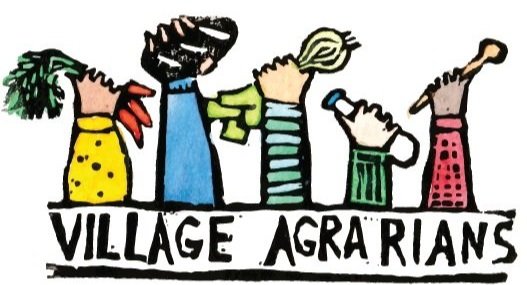Join us to share some lessons, joys, and challenges of the growing season.
One ticket (sliding scale $5-$50) will give you access to all six workshops in the winter series!
While our gardens are put to bed, or at least slowed down, for the winter, let's gather together virtually and share the learnings of the past season. Growers from around the country will share some of their techniques, their successes and challenges, and some images from their growing season. Think of it as a virtual tour/workshop where we'll learn some growing methods, business insights, and more. There will be ample time for questions following each presentation so that participants can find out more specifics about topics that are of interest to them.
Each session will run for about an hour to an hour and a half.
This will be an interactive platform for networking, sharing knowledge and ideas and highlighting and celebrating the diversity of growers and their practices around Aotearoa. We look forward to seeing you there!
The schedule of speakers includes:
Thursday 18 July, 6:30pm - Saskia & Elle from Vagabond Vege in Wairarapa, Wellington
Thursday 25 July - Break
Thursday 1 August, 7:30pm - Jonathan from Crooked Vege in Kāpiti, Wellington
Thursday 8 August, 7:30pm - Brendan from Welcome Rock Gardens in Garston, Southland
Thursday 15 August, 7:30pm - John McCafferty from Pleasant River Produce in Dunedin, Otago
Thursday 22 August - Break
Thursday 29 August - TBC
Thursday 5 September - TBC
Buy one ticket ($5 - $50) to give you access to all six workshops in the series, whether you attend one, two, or all, just choose the amount you wish to pay. Staff at non-profits are welcome to attend for free (email villageagrarians@gmail.com for the discount code). Ticket holders and Village Agrarians members will have access to the recordings and any content produced afterwards.
Sheldon, Saskia, and Elle from Vagabond Vege
Brendan from Welcome Rock Gardens
John from Pleasant River Produce
Jon from Crooked Vege

















